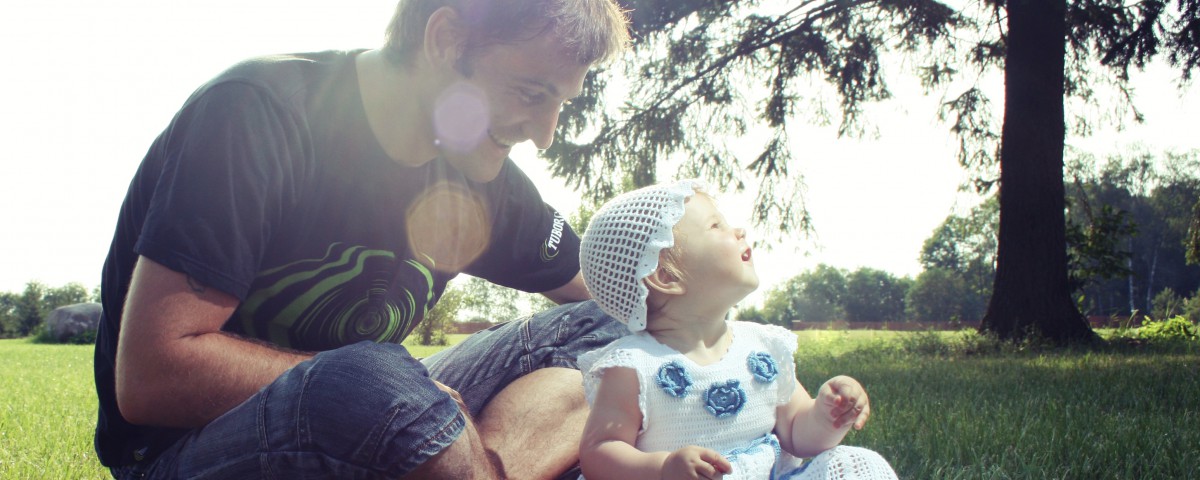Newborn Screening Tests
Universal newborn screening tests, which are performed soon after birth, measure a baby’s ability to hear sounds at a few different frequencies. However, as effective as these mandatory screenings are, passing a newborn hearing test is not a guarantee against deafness. The potential problem is that infants may have some hearing at the time the test is administered, but develop hearing loss in subsequent years. This finding comes from a recent study of children with cochlear implants, devices that transmit sound to the auditory nerve. Nearly one-third of the children with the implanted devices initially passed mandatory screening. With this in mind, a second round of screening one or two years later is suggested.
Hearing is critical to speech and language development, communication, and learning. Children with hearing loss or auditory processing problems continue to be an unidentified and underserved population. The earlier hearing loss occurs in a child’s life, the more serious the effects on the child’s development. To schedule a pediatric hearing text, please call our Burlington hearing center at 905-635-HEAR (4327).
P.S. Even after passing an initial hearing test, it can take up to 18 months for a hearing problem to be diagnosed due to the false sense of security that the test engenders.

